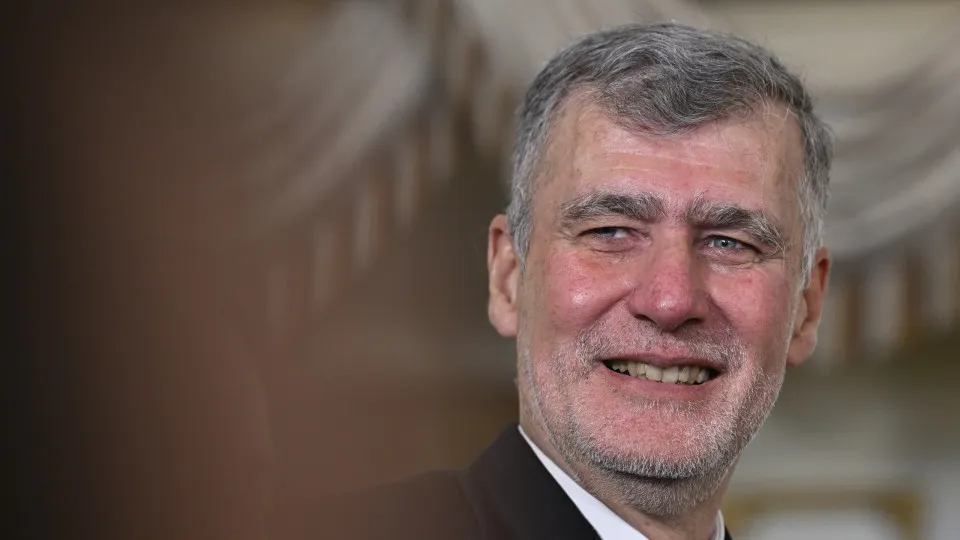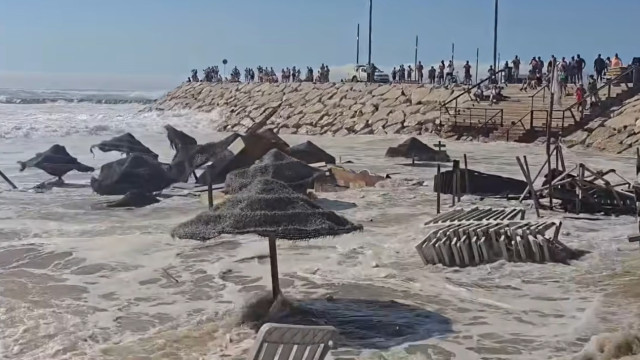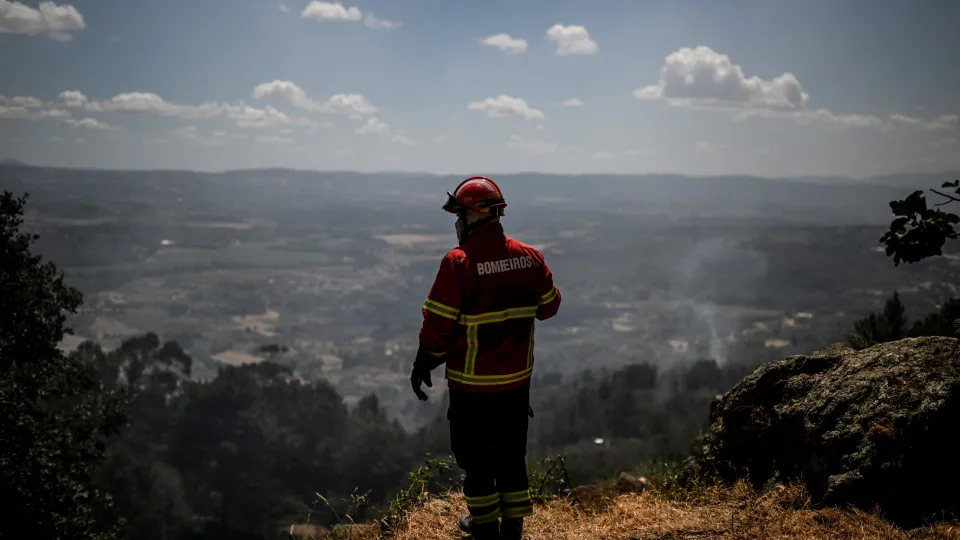
“The analysis I make is that nowadays there is a growing belief that holding a diploma or not, in terms of the potential salaries, makes little difference. Consequently, students are starting to abandon the pursuit of more specialized and profound education,” said Henrique Gouveia e Melo to journalists during a visit to the Porto Book Fair.
The presidential candidate cited “costs” of academic education as another reason for the reduced number of approximately 10,000 students enrolling in universities and polytechnics.
“Transportation, housing, lack of student accommodations, tuition fees themselves, and some lack of investment in scholarships” were factors listed by Gouveia e Melo for the drop in students transitioning from secondary to higher education.
The candidate warns that this issue poses a risk to the country’s future, as current actions “will have impacts 10 to 20 years from now.”
Gouveia e Melo further noted that “there are courses where entrance averages are very high,” meaning that “the supply is small for the demand” as these are “courses of a new economy” where entries are being reduced.
“This means we will not be prepared to engage in this new economy in ten years,” he argued, citing fields like aerospace, biotechnology, or medicine, questioning why “only students above 18 can enter the course” and whether “a 17-year-old” or “15-year-old” is “a bad student.”
He believes Portugal’s potential is not being fully harnessed, particularly in knowledge sectors critical for a new economy.
“Do we want a knowledge economy with a lot of technology, or not? Because only this kind of economy is productive enough to distribute wealth instead of poverty,” the admiral said, expressing concern that Portugal “is indeed falling to the bottom of Europe.”
Questioned about the risk of higher education becoming exclusive to those who can afford it or study in the best schools, the presidential candidate acknowledged this, considering it “a colossal waste of human potential […] condemning it to inferior knowledge areas, which in turn do not yield higher quality or value-added economy.”
“It’s a vicious cycle. We’ll face the consequences not today but 10, 15, or 20 years from now,” he warned.



